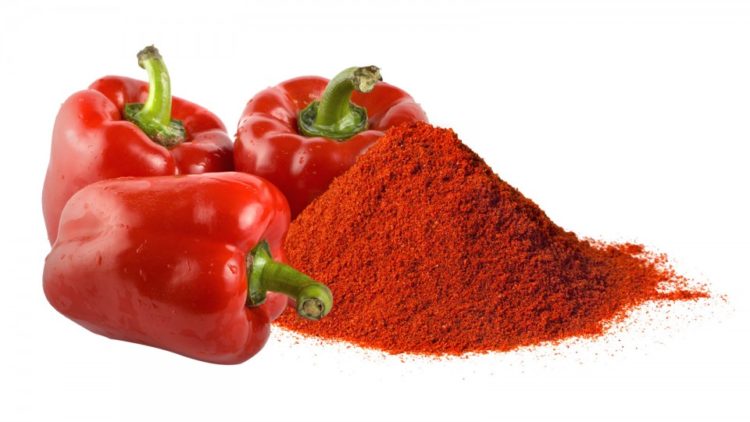What foods should not be eaten to prevent varicose veins
Did you know that what you eat can have a significant impact on your arteries’ overall health? If you have varicose veins, having a healthy diet is the key to proper blood circulation in the body. Unhealthy foods not only put more strain on your arteries but can also lead to weight gain. Unfortunately, being overweight is also a significant risk factor for developing and worsening varicose veins or venous insufficiency.
Venous disease
Venous disease is an underlying disease that can lead to varicose veins. It should be noted that low diet and overweight are not the only risk factors and other factors contributing to the venous disease include:
- age increasing
- Female gender
- Pregnancy
- Stand or sit for a long time
- Having a family history of venous disease
- High blood pressure
- Diabetes
Eating a healthy and well-balanced diet will improve your physical health and your cognitive and emotional health.
* If you need advice on a better diet, you can see a dietitian.
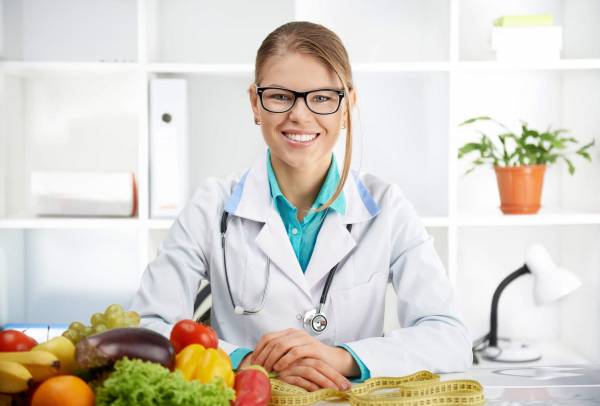
Foods to Avoid for Varicose Veins:
– Foods rich in sodium:
You may find that your legs become swollen and more painful after eating foods high in sodium and other venous symptoms. Excessive sodium intake causes the body to store water, which often leads to increased volume and blood pressure. As a result, extra pressure enters your venous system and worsens the symptoms of varicose veins. It is generally recommended to set aside the salt shaker when eating. For example, canned foods, processed meats, and even salad dressings are often high in sodium. Cottage cheese is high in sodium and can meet approximately 40% of your recommended daily allowance. The more unhealthy foods are, the more sodium they usually contain. An effective way to reduce sodium intake is to eat natural and fresh foods.
– Foods rich in sugar:
Did you know that added sugars such as sugar in cookies, cakes, and candies can affect the health of your arteries? The problem starts with eating sugary foods that release excess insulin into the bloodstream, leading to high blood sugar and vascular damage. This is why people with diabetes are at higher risk for developing venous disease. If you have diabetes, controlling your blood sugar is very important. Like sodium, sugar is secretly present in food. For this reason, it is recommended to read nutrition labels before buying food, and also, you should eliminate the desire to eat sweets with natural candy or fresh fruit rich in fiber.
– Low fiber foods:
A low-fiber diet endangers the health of the arteries and can lead to constipation. A person with constipation has to endure intestinal pressure, leading to hemorrhoids and further affecting the painful symptoms of varicose veins. Include a handful of almonds, berries, or pomegranate seeds as a high-fiber snack in your diet.
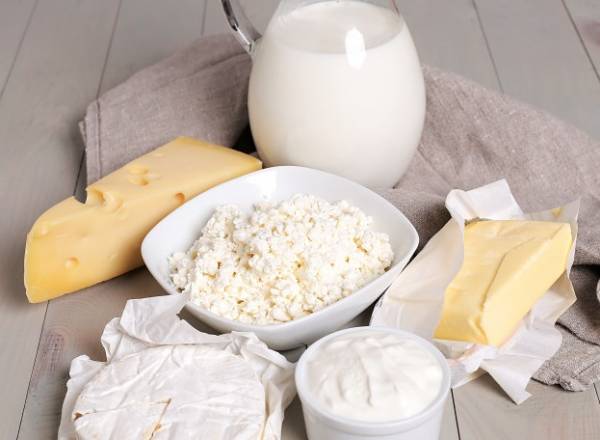
Unhealthy fats:
Unhealthy fats, such as those found in fried foods, bacon, and butter, may taste good but not good for the arteries. Unlike vegetable fats such as avocados and olives, saturated fats have little nutritional value. They impair digestion and lead to constipation, and can also affect weight management issues. Include walnuts in your diet as a delicious and filling snack to get healthy fats. All of these factors put extra strain on your circulatory system, so avoid unhealthy fatty foods if you have varicose veins.
– Caffeine:
For most people, drinking a cup of coffee in the morning is part of their routine, but if you have varicose veins, it can put pressure on your arteries. Caffeine constricts blood vessels and raises blood pressure, leading to increased symptoms and even venous disease. If you can not start your day without caffeinated beverages, talk to your GP or cardiologist about this.
Foods that are safe to eat when you have varicose veins:
– Fresh fruits and vegetables:
Eat fiber-rich vegetables, fruits rich in antioxidants such as blueberries, and citrus fruits rich in vitamin C. You can also use natural anti-inflammatory drugs such as avocado, ginger, and tomato. Remember to eat a combination of raw and cooked foods in at least 5 meals a day. You can also use spices for more variety, but avoid adding salt or sugar.
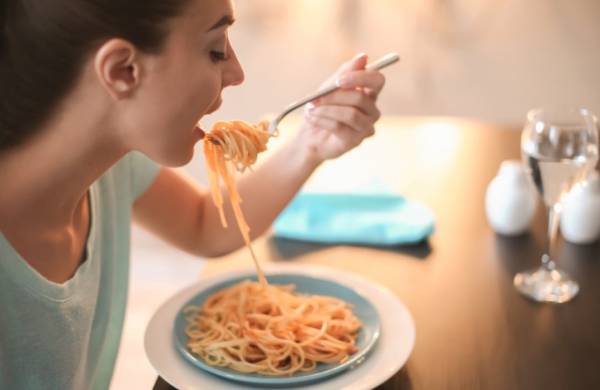
– Whole grains:
Don’t forget to eat bread, pasta or rice because you should avoid processed foods. Instead of choosing refined grains, try whole wheat bread or pasta. Whole grains are rich in fiber, delicious food for any meal.
Lean proteins:
It is recommended to eat sausages instead of red meat; Use lean proteins. These include chicken, fish, and other seafood, eggs, and plant protein sources such as tofu.
– Low-fat dairy:
Dairy products are an essential source of calcium and vitamin D. They should not be consumed excessively because it can lead to digestive problems and constipation for some people. To prevent this problem, eat three servings of low-fat dairy a day along with fiber-rich foods. (Vitamin A; Benefits, Symptoms Of Deficiency, And Sources Of This Vitamin)
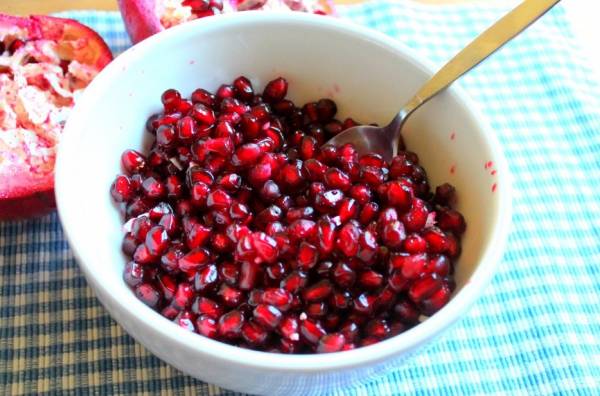
– Nuts and seeds:
Did you know that nuts and seeds can help improve blood circulation? You can eat unsalted nuts and add chia or flax seeds to your diet. They are rich in nutrients but also high in calories.
– Healthy fats:
Along with nuts and seeds, you can enjoy healthy fats such as olive oil, avocado, and salmon.
Also read:
The best fruits and natural foods to treat and control fatty liver


